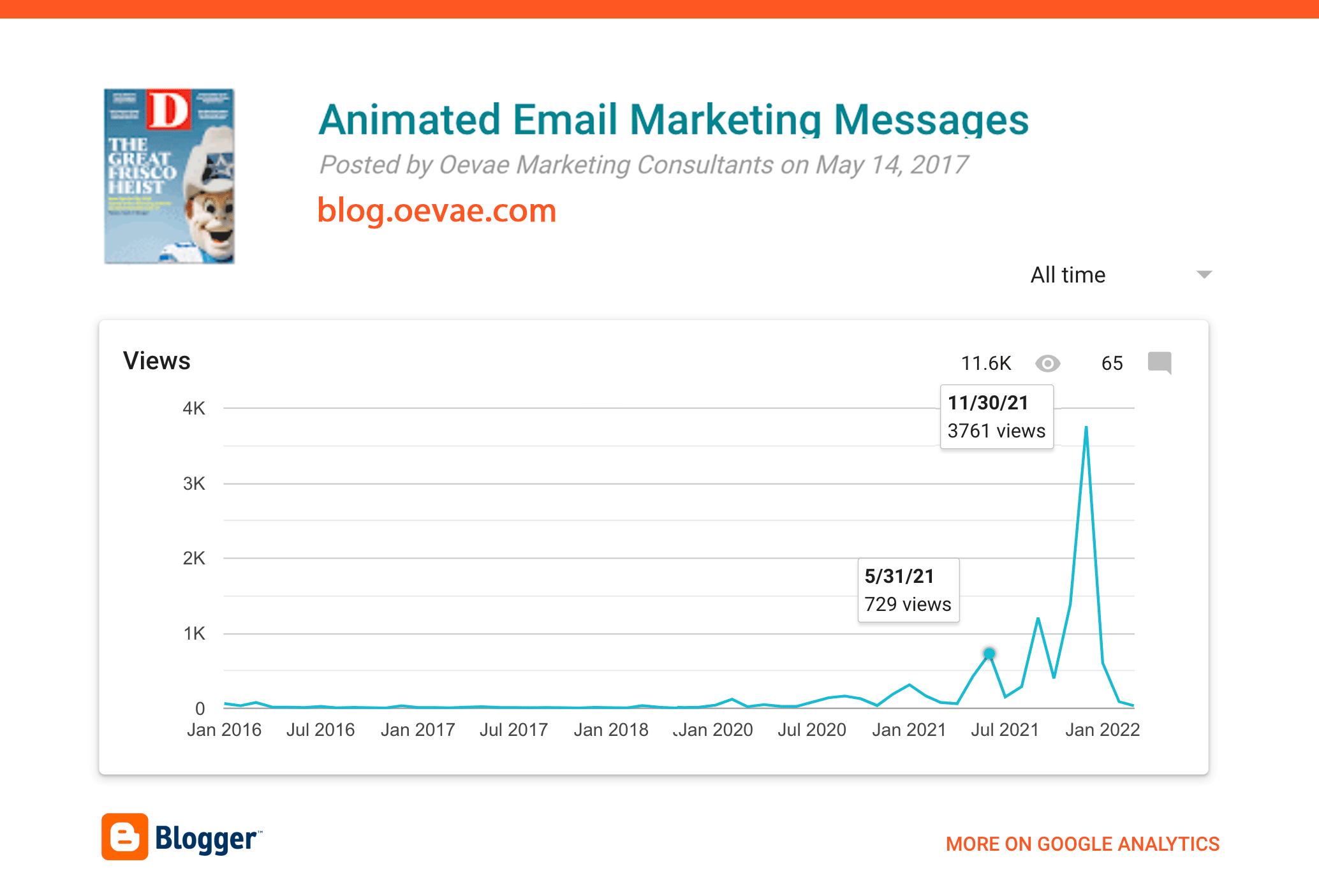In the digital age, online visibility can spell the difference between a thriving business and a short-lived one. Customers have been starting their customer journeys on search engines for years now, and the pandemic only accelerated this.
Today, between voice search and local “near me” searches, most customers discover businesses and interact with brands almost exclusively online. In no uncertain terms, that’s the primary reason why your small business needs a website no less than commercial juggernauts. But that’s only the abridged version of this assertion. A business website is an invaluable asset for many reasons, from it serving as a central marketing hub to getting you on the proverbial map of Google Maps. It’s the focal point of Search Engine Optimization (SEO), social media marketing, and so much more. To explore these reasons in due depth, let us dig deeper.
6 reasons why every small business needs a website
Now, 6 is by no means a number set in stone. The exact number of reasons will depend on who you ask and how much they're willing to distinguish different benefits from one another.
Here, for conciseness and text economy, we may divide the main benefits into 6. In no particular order, our picks are the following.
#1 Your customers expect it – and your competitors have one
An initial, substantive reason is that the new digital customer expects an online presence. They may learn of you through traditional outbound marketing, like billboards or TV ads, via word of mouth, or simply when walking past your physical premises. They still expect to find you online as soon as they look you up in all such cases.
This isn't simply meeting their expectation for its own sake, either. If customers fail to find you online, they will immediately stumble across the website of one of your direct competitors. That's not just a customer missed, but a customer lost to your peers.
#2 It spearheads omnichannel marketing
Along similar lines, your small business needs a website because most forms of digital marketing have to lead to one. To illustrate this, consider the following examples.
Social media
One of the most lucrative forms of marketing today, social media marketing allows businesses to tap into vast new audiences. More often than not, these audiences are actively looking to engage with social profiles, brands and look up products. The emergence of social commerce alone should put the significance of this channel into perspective.
You should thus explore every platform available, locate your ideal audiences, and market to them relentlessly. But how will you do so without a dedicated website to link back to? Standalone posts and content don't suffice.
Email marketing
The same applies to email marketing. This prominent digital marketing mainstay still offers immense Return on Investment (ROI), making it an ideal strategy for small businesses.
But to function effectively, it too requires a website. Through its landing pages, you will populate your email lists, and it's your website's pages and content that your emails will promote in turn. Moreover, using a branded email account to inspire trust with your recipients requires a website.
Business blogging
In much the same way, a dedicated business blog within your website can work wonders. One can function on its own, by all means, but it can shape content marketing strategies for a website. It can fuel your website's SEO, consolidate your branding efforts, and enhance engagement signals through a vibrant comments section.
#3 It drives traffic and conversions through SEO
For that matter, your small business needs a website because it’s SEO’s starting point. When more than half of all clicks go to the top 3 Google results, the fight for online visibility begins and often ends with SEO.
In brief, SEO is a series of practices that optimizes content for search engines. These practices include, and often strongly rely on, website-bound factors like:
- Domain Authority (DA); the authoritativeness of a website
- Backlinks; the links pointing back to your website
- Page Experience; loading speed, design responsiveness, visual stability, and other factors informed by your website’s technical health
As such, SEO requires a website to take off. Of course, it then requires a robust, efficient website to let you genuinely outshine your competitors and earn Google's favor. That's why choosing an excellent website builder is extremely important, as we'll cover further down.
#4 It establishes you in your industry
In much the same way, and often as a by-product of SEO strategies, a business website establishes you as an authoritative voice in your industry. To illustrate this, consider the following examples:
- Branding; from visual branding and mission statements to demonstrations of your expertise through long-form content, a website best promotes branding.
- Backlinks; acquiring backlinks from your peers through informative, valuable content further establishes you as a trustworthy voice among your peers.
- Local search; Google’s local ranking factors also somewhat rely on your digital presence, which your website can demonstrably enhance.
Thus, your small business needs a website to secure both online, DA-minded authoritativeness and perceived trustworthiness among your peers and customers.
#5 It leverages your social proof
On the subject of trust, a business website also serves as an excellent way to leverage social proof. Studies have consistently shown that customers value social proof highly; they mind reviews, read testimonials, and look for recommendations. They’ve also become increasingly wary of “salesy" language, which businesses need to account for.
Consider such examples of social proof for your website to showcase as:
- Reviews and testimonials; your Google Business profile (formerly Google My Business) reviews can serve as highly effective reassurance. You may use them and customer testimonials across product or service pages and anywhere else you deem appropriate.
- Endorsements; you may also feature endorsements and recommendations prominently on your homepage. It will be the first contact with your brand for many customers, so make it count!
- Case studies; finally, case studies are also incredibly effective at reassuring customers of your trustworthiness and quality. What’s more, case studies can also make for standalone content that can further fuel your SEO.
Should you delve deeper into social proof strategies, such as influencer marketing, a robust website will still be their foundation.
#6 Creating a business website is easier than ever
Lastly, having established why your small business needs a website, we may repeat that your competitors likely already have them. Fortunately, catching up is far from impossible, as creating a business website is easier than ever.
Thankfully, the market has identified this need and now offers ample options regarding user-friendly, swift, and affordable website builders. For instance, you may build a fantastic website in just under an hour with the Website Builder from Oevae Marketing Consultants while not straining your budget. The final result will tick all the boxes outlined above, from responsiveness to integrated blogging.
Conclusion
A business website is essential for any small business to succeed. In turn, it can be your most vital business asset in 2022.
It will offer a prominent online presence for customers to find you through, consolidating multiple common marketing strategies. It will spearhead SEO, ensuring online visibility through search engine rankings. It will help you establish authority within your industry, leverage social proof to earn customers' trust, etc.
While brief, this article hopefully illustrated why your small business needs a website and its sheer value in today’s competitive digital marketing landscape.
Make a brand difference.™


